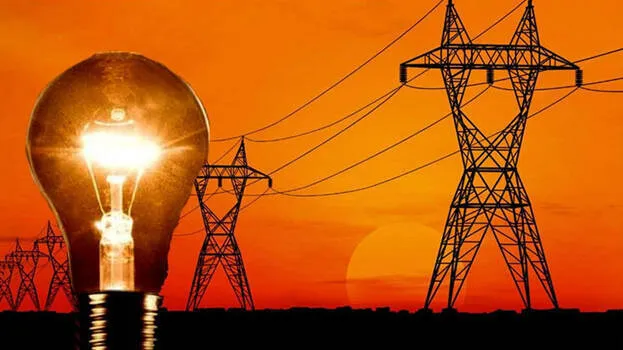

THIRUVANANTHAPURAM: Unannounced load shedding has hit the state as electricity consumption spiraled out of control, with power interruptions lasting over half an hour in many areas from 6 pm to 12 am. Despite earlier attributing the outages to melting fuses due to excessive load, KSEB now denies any power cuts, yet reports of blackouts persist even in Thiruvananthapuram.
Daily consumption has reached a record high of 110.01 million units yesterday, surpassing 100 million units for two consecutive weeks. However, only a maximum of 94 million units per day is available from hydropower, contracted power, and the national grid. Any excess power must be purchased from the exchange at a cost of 12 to 22 rupees per unit, with additional expenses for electricity generated from imported coal. This crisis necessitates proactive measures to increase hydropower production, which has risen from 13-16 million units per day to 21 million units. However, this has led to a reduction in water storage in the power dams from 53% to 43%, raising concerns about the sustainability of hydropower generation until the next monsoon. Therefore, controlling consumption is imperative.
The surge in consumption can be attributed to factors such as increased use of air conditioning and the rising number of electric vehicles (EVs), which further strain the grid, particularly during nighttime charging. Kerala accounted for 12,500 of the 82,000 electric vehicles sold nationwide last year, alongside the sale of 250,000 air conditioners in Kerala from January to April.
The state is facing an annual loss of 1043 crores, despite electricity being available in the country, albeit at a higher cost. The failure to secure long-term contracts and protect existing contracts exacerbates the crisis, as purchasing electricity at high rates leads to losses for KSEB. However, there are technical and legal barriers hindering the adjustment of rates.
The state's current power availability stands at 4500 MW, while consumption has reached 5489 MW, resulting in a deficit of 989 MW. This trend mirrors a national increase in consumption, with current nationwide availability at 256,530 MW compared to 230,500 MW last year.
KSEB asserts that power supply remains unrestricted and claims to have constructed 21 substations in the past two and a half years to ensure uninterrupted supply.